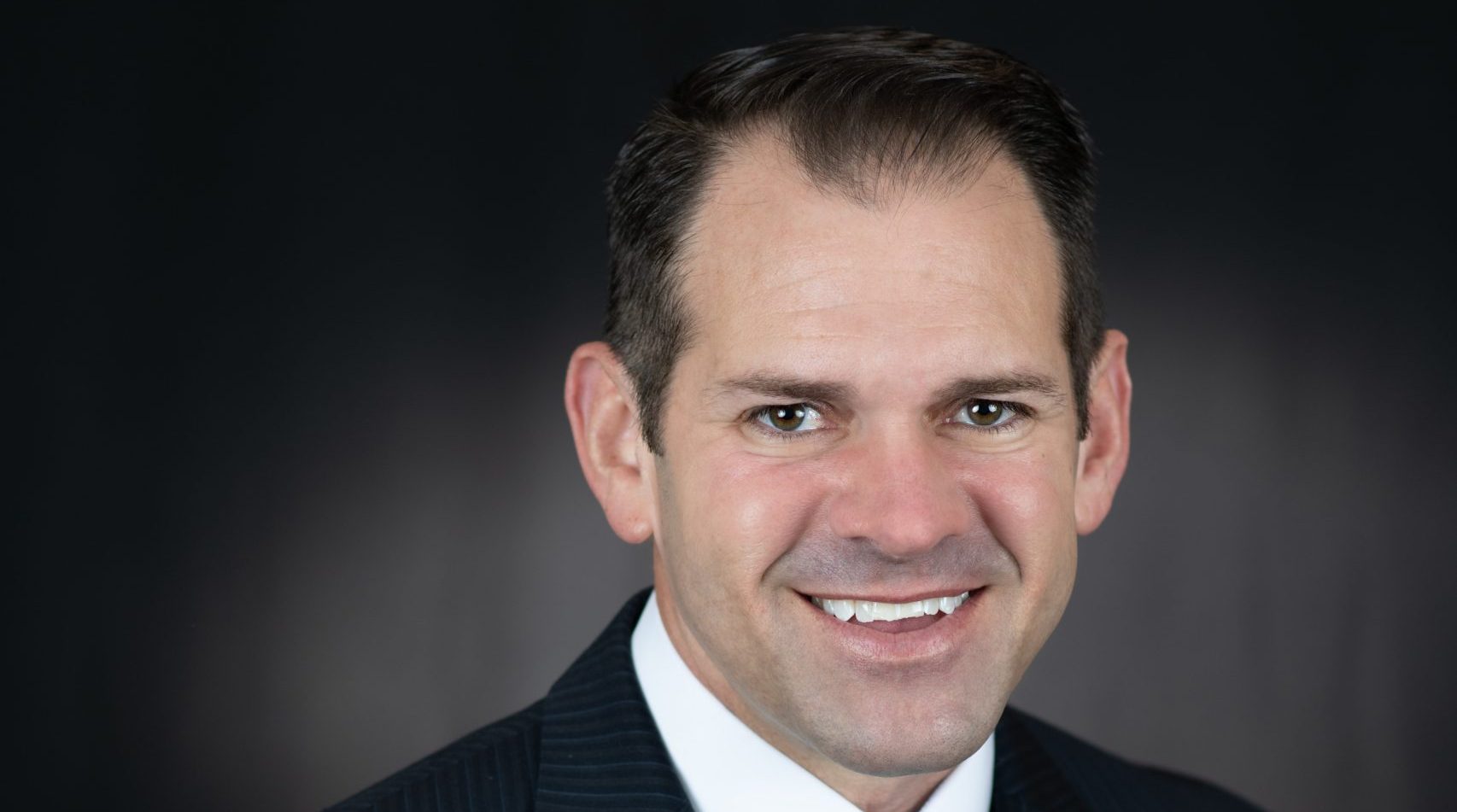How Dr. Ian Weisberg is Advancing Electrophysiology Through Technology
How Dr. Ian Weisberg is Advancing Electrophysiology Through Technology
Blog Article

The future of cardiology is fast evolving, with cutting-edge engineering and impressive therapy techniques set to redefine heart problems care. Dr Ian Weisberg Niceville Florida, a well-known expert in cardiac electrophysiology, is at the forefront of those advancements. From artificial intelligence (AI) to customized medication, Dr. Ian Weisberg gives his ideas on how these emerging styles can reshape the landscape of heart health.
AI-Powered Diagnostics for Early Recognition
AI is transforming healthcare, and Dr. Ian Weisberg predicts it'll enjoy a straight greater position in cardiology. AI-driven electrocardiogram (ECG) analysis, equipment learning formulas, and predictive types will quickly let health practitioners to detect heart disease dangers before signs even appear. Dr. Ian Weisberg thinks why these improvements will shift the concentration toward preventive care, which makes it probable to intervene early in the day and increase individual outcomes. Also, AI-assisted imaging will assist in early detection of coronary artery illness, helping to avoid center episodes before they occur.
Personalized Medicine: Tailoring Therapy to the Personal
As engineering innovations, Dr. Ian Weisberg envisions the next wherever cardiology is designed to the individual. With the rising subject of genomics and biomarker analysis, doctors will have a way to modify treatments predicated on a patient's genetic profile. This approach can result in more efficient and accurate therapies for center conditions. Gene therapy, especially, shows good potential in approaching inherited heart disorders by fixing genetic defects. According to Dr. Ian Weisberg, that customized approach will revolutionize heart problems treatment, making it more targeted and effective.
Minimally Invasive Techniques: A Change Toward Better, Quicker Recovery
The continuing future of cardiovascular disease treatment is moving away from invasive surgeries and toward minimally invasive procedures. Dr. Ian Weisberg predicts that catheter-based interventions, robotic-assisted procedures, and bioresorbable stents will be much more commonplace. Bioresorbable stents, which dissolve obviously following healing the artery, certainly are a innovative growth that eliminates long-term risks associated with permanent material implants. These minimally unpleasant remedies won't just lower the danger of issues but additionally allow quicker healing instances, ultimately causing increased outcomes for patients.
Rural Checking and Wearables for Real-Time Center Health
Smart wearables and remote checking are transforming the administration of heart disease. Dr. Ian Weisberg highlights the growing importance of implantable units that continually monitor crucial signals such as heart rhythm and blood pressure. They can deliver real-time signals to healthcare services when irregularities are recognized, allowing for fast intervention without requiring repeated clinic visits. This engineering presents individuals a far more accessible and effective way to handle their center health, while also increasing long-term care.
Regenerative Medicine: The Future of Center Condition Healing
Seeking ahead, Dr. Ian Weisberg considers regenerative medicine as a game-changer for heart disease recovery. Base mobile remedies and tissue executive are emerging as encouraging solutions for correcting damaged center tissue. These regenerative approaches might opposite the effects of center failure and center episodes, offering individuals new expect recovery. As study progresses, Dr. Ian Weisberg feels regenerative medicine will play a crucial position in the ongoing future of cardiology, allowing for the restoration of heart function and transforming the way heart disease is treated.
Realization: A New Time in Cardiology
The continuing future of cardiology, as imagined by Dr Ian Weisberg, is full of wish and possibility. Advances in AI, individualized medication, minimally invasive procedures, remote monitoring, and regenerative solutions are collection to revolutionize cardiovascular disease care. With these improvements, cardiovascular disease will be detected earlier, handled more efficiently, and even reversed sometimes, tagging the beginning of a new age in heart health. Report this page